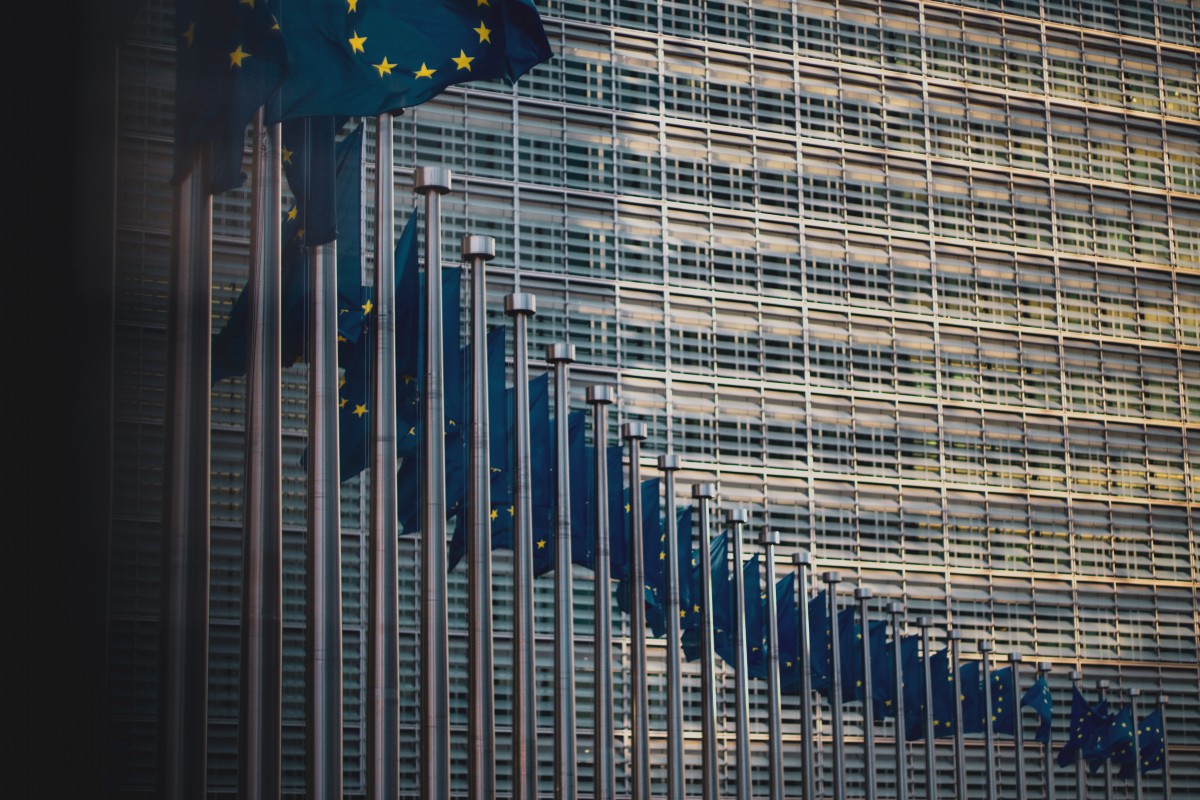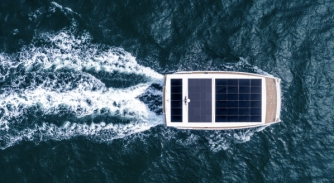EU sets new battery sustainability regulations
After an EU Parliament vote, the European Council adopts new regulations strengthening sustainability rules for battery use and waste…

The regulations from the European Parliament and the Council will apply to all batteries, including all waste portable batteries, batteries for electric vehicles, industrial batteries, starter, lighting and ignition (SLI) batteries - mainly used in vehicles and machinery - and batteries for light transport vehicles. The stated aim is to regulate the entire life cycle of batteries, from production to reuse and recycling to ensure that they are safe, sustainable and competitive.
"Batteries are key to the decarbonisation process and the EU's shift towards zero-emission modes of transport. At the same time, end-of-life batteries contain many valuable resources and we must be able to reuse those critical raw materials instead of relying on third countries for supplies. The new rules will promote the competitiveness of European industry and ensure new batteries are sustainable and contribute to the green transition," comments Teresa Ribera, Spanish Minister of Ecological Transition, currently heading the EU Presidency.
The regulation sets a target for the recovery of lithium from waste batteries of 50 per cent by the end of 2027 and 80 per cent by the end of 2031, which can be amended through delegated acts according to technological and market developments and the availability of lithium.
In addition, the EU sets collection targets for portable battery waste from producers (63% by the end of 2027 and 73% by the end of 2030) and introduces a specific collection target for light-duty vehicle battery waste (51% by the end of 2028 and 61% by the end of 2031).
According to a statement from the EU, the new rules aim to improve the functioning of the internal market for batteries and ensure fairer competition thanks to the safety, sustainability and labelling requirements. This will be reached through performance, durability and safety criteria, tight restrictions for hazardous substances like mercury, cadmium and lead and mandatory information on the carbon footprint of batteries.
The regulation also introduces labelling and information requirements, among other things on the battery's components and recycled content, and an electronic “battery passport” and a QR code. In order to give member states and economic actors on the market enough time to prepare, labelling requirements will apply by 2026 and the QR code by 2027.
NEW: Sign up for SuperyachtNewsweek!
Get the latest weekly news, in-depth reports, intelligence, and strategic insights, delivered directly from The Superyacht Group's editors and market analysts.
Stay at the forefront of the superyacht industry with SuperyachtNewsweek
Click here to become part of The Superyacht Group community, and join us in our mission to make this industry accessible to all, and prosperous for the long-term. We are offering access to the superyacht industry’s most comprehensive and longstanding archive of business-critical information, as well as a comprehensive, real-time superyacht fleet database, for just £10 per month, because we are One Industry with One Mission. Sign up here.
Related news

Silent Yachts boosts production
The electric multihull manufacturer has several new launches scheduled in 2023 after consolidating ownership of its Italian shipyard
Business

MB92 Group announces ‘Refit for the Future’
The dedicated sustainability refit service aims to help reduce the environmental impact of yachts, cut operational and financing costs, and protect resale value
Crew

Are lithium-ion batteries on yachts safe?
Pantaenius UK shares insights from an expert marine industry panel
Crew

eD-TECH to develop battery system
A new partnership between eD-TEC and EBS aims to produce marine e-drive specific battery solution
Technology

MYS Sustainability Conference highlights
The opening conference of the show saw some of the industry's innovators in sustainable development outline their visions
Technology
Related news
Silent Yachts boosts production
3 years ago
MB92 Group announces ‘Refit for the Future’
3 years ago
Are lithium-ion batteries on yachts safe?
3 years ago
eD-TECH to develop battery system
3 years ago
MYS Sustainability Conference highlights
3 years ago
NEW: Sign up for
SuperyachtNewsweek!
Get the latest weekly news, in-depth reports, intelligence, and strategic insights, delivered directly from The Superyacht Group's editors and market analysts.
Stay at the forefront of the superyacht industry with SuperyachtNewsweek



